Early Childhood Education Options
Explore a comprehensive guide to early childhood education options, including traditional preschools, Montessori and Waldorf schools, Reggio Emilia approach, play-based learning, and more. Discover the best fit for your child’s needs and set them on a path to lifelong learning and success.
In the realm of education, the early years are foundational. Early childhood education sets the stage for a child’s lifelong learning journey, shaping their cognitive, social, and emotional development. With an array of options available, navigating through the choices can be daunting for parents. In this comprehensive guide, we’ll delve into various early childhood education options, from traditional preschools to innovative approaches like Montessori and Waldorf education. By the end, you’ll have a clearer understanding of each option’s philosophy, methodologies, and suitability for your child’s unique needs.
Understanding the Importance of Early Childhood Education:
Early childhood education lays the groundwork for a child’s academic success and social integration. Research shows that high-quality early learning experiences contribute to improved cognitive abilities, better social skills, and enhanced emotional regulation. By engaging in structured activities and interactive play, young children develop crucial skills such as problem-solving, communication, and cooperation. Therefore, choosing the right early childhood education option is paramount in providing a solid foundation for your child’s future academic and personal growth.
Traditional Preschool Programs: A Time-Tested Approach:
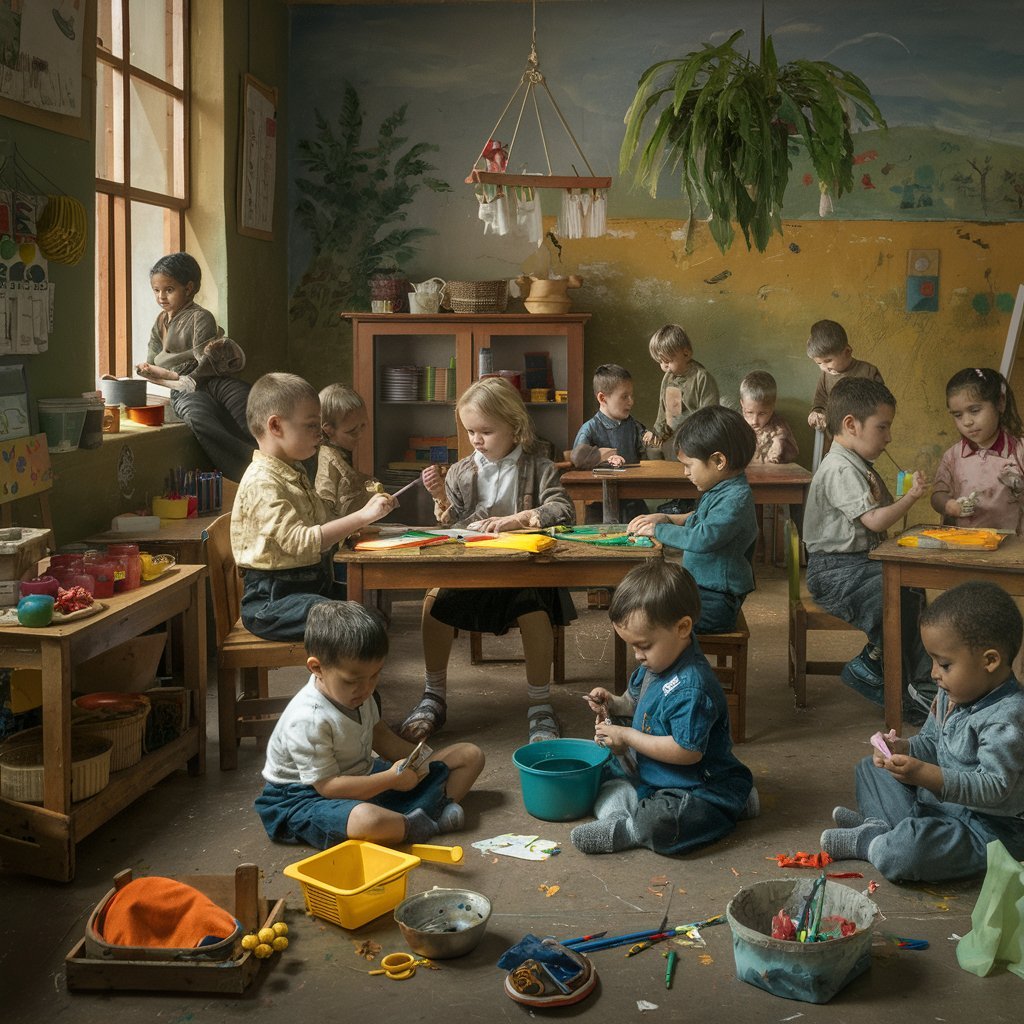
Traditional preschool programs typically follow a structured curriculum focused on early literacy, numeracy, and socialization skills. These programs offer a structured environment where children engage in age-appropriate activities designed to promote cognitive development and prepare them for formal schooling. With qualified teachers leading the way, children benefit from a blend of teacher-directed instruction and hands-on learning experiences, fostering a well-rounded educational experience.
Montessori Education: Fostering Independence and Creativity:
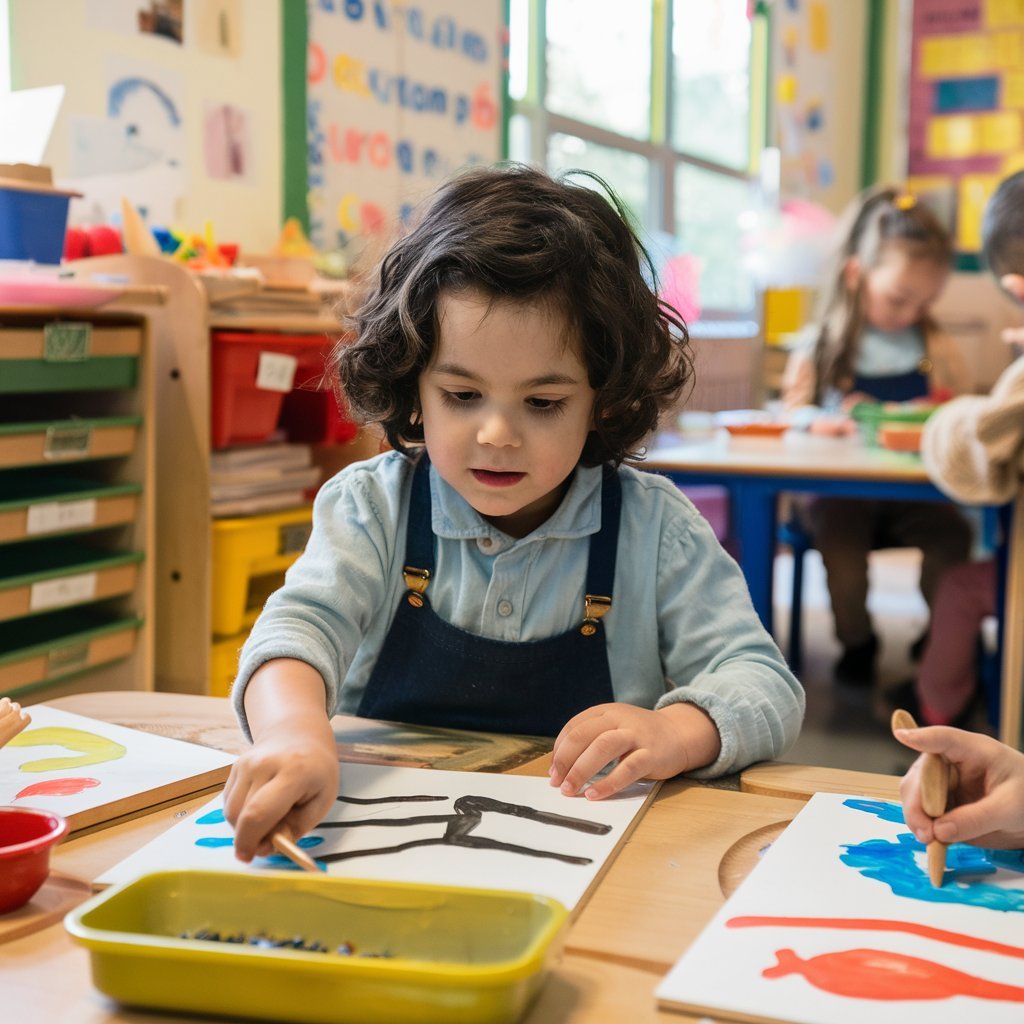
Montessori education is based on the philosophy of Dr. Maria Montessori, emphasizing independence, self-directed learning, and hands-on exploration. In Montessori classrooms, children are encouraged to follow their interests and work at their own pace, with teachers serving as guides rather than lecturers. The environment is carefully curated to promote sensory exploration, with materials designed to facilitate learning through discovery and manipulation. By nurturing independence and creativity, Montessori education empowers children to become self-motivated learners with a passion for discovery.
Waldorf Education: Nurturing Imagination and Holistic Development:
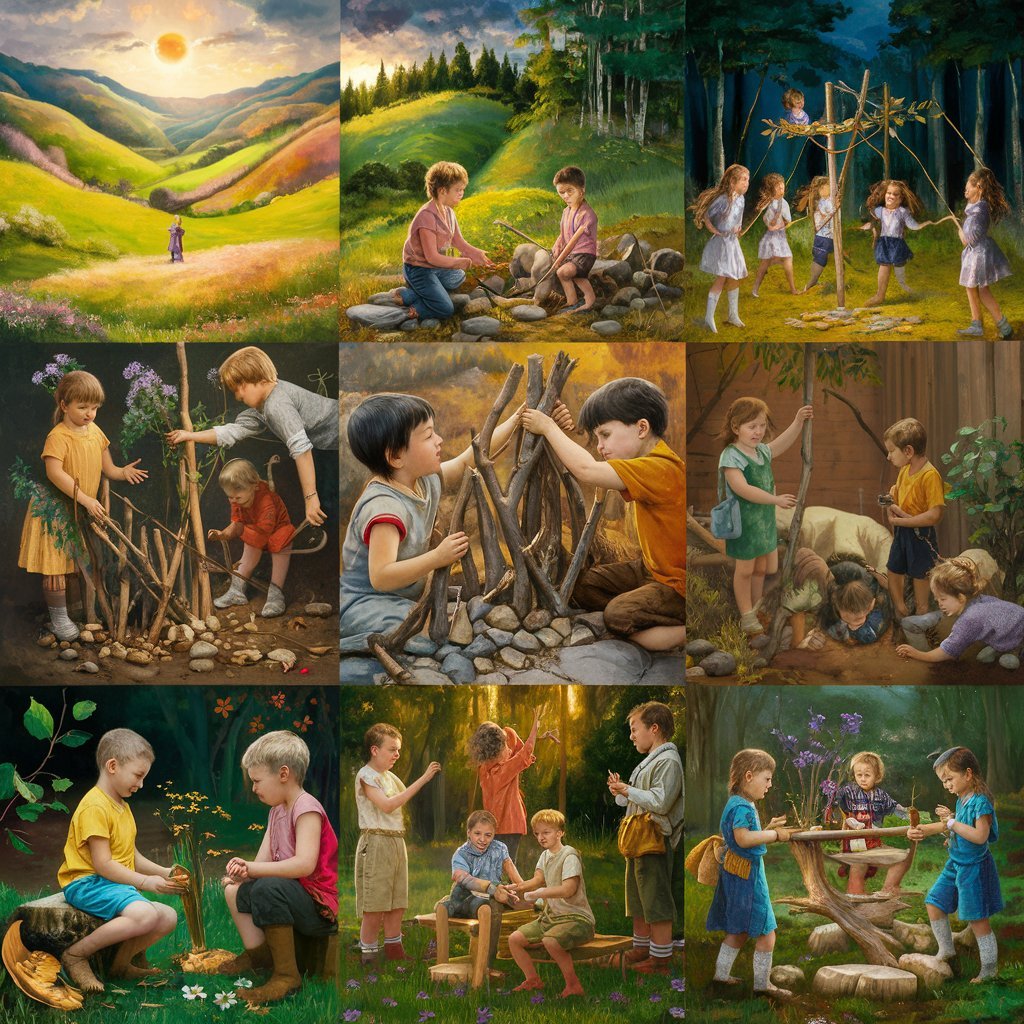
Waldorf education, inspired by the teachings of Rudolf Steiner, takes a holistic approach to learning, emphasizing the development of the whole child – body, mind, and spirit. In Waldorf schools, academics are intertwined with artistic expression, movement, and practical skills, fostering creativity and imagination. With an emphasis on storytelling, arts, and outdoor play, Waldorf education aims to cultivate a deep connection to the natural world and a sense of wonder and awe. By nurturing the child’s innate curiosity and imagination, Waldorf education lays the foundation for a lifelong love of learning.
Reggio Emilia Approach: Putting Children at the Center of Learning:
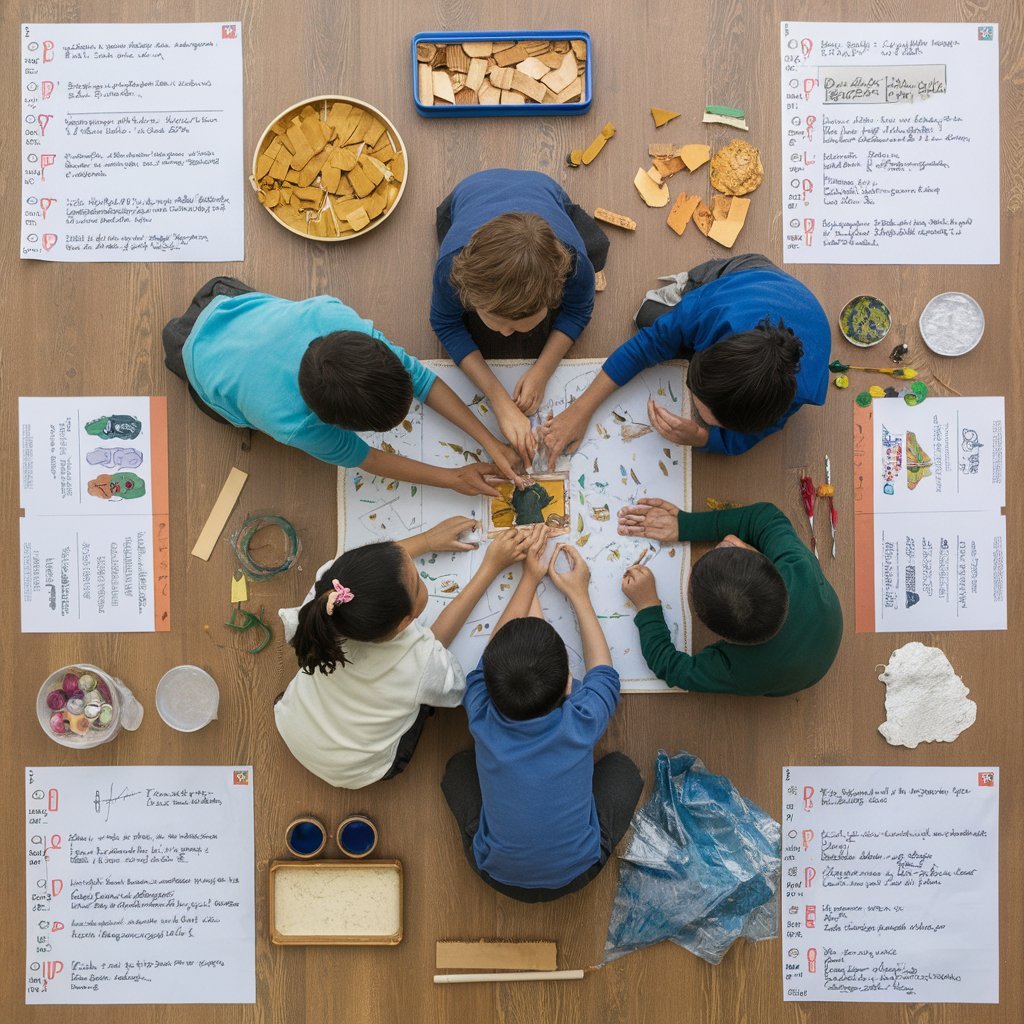
The Reggio Emilia approach, originating in the town of Reggio Emilia, Italy, is centered around the belief that children are competent and capable learners with their own unique perspectives and ideas. In Reggio-inspired classrooms, the environment is viewed as the “third teacher,” with careful attention paid to aesthetics, organization, and the use of natural materials. Learning emerges through long-term, child-led projects that encourage inquiry, collaboration, and reflection. By honoring each child’s voice and fostering a sense of agency, the Reggio Emilia approach empowers children to take an active role in their own learning journey.
Play-Based Learning: The Power of Exploration and Discovery:
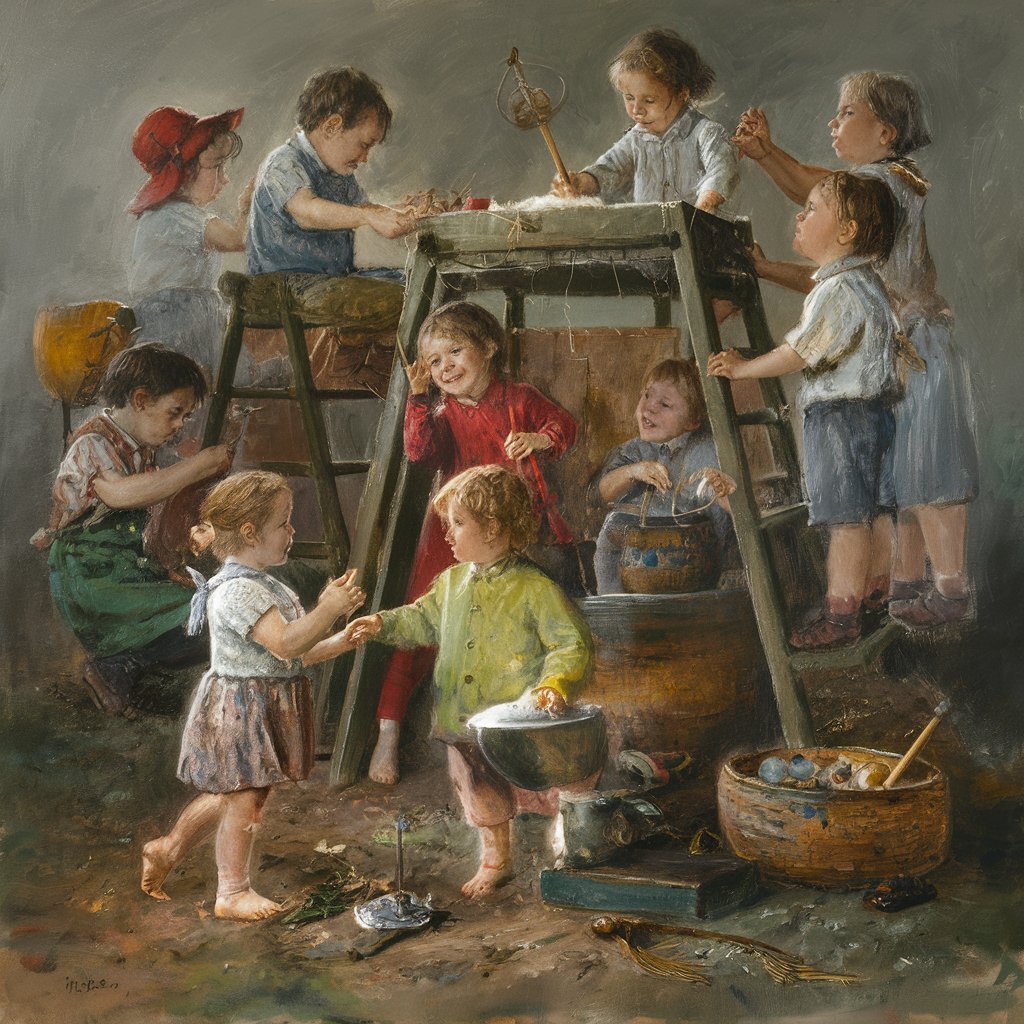
Play-based learning is a developmentally appropriate approach that recognizes the intrinsic value of play in children’s learning and development. Through play, children explore their interests, experiment with ideas, and make sense of the world around them. Play-based preschools provide open-ended materials and ample opportunities for imaginative play, allowing children to engage in self-directed exploration and problem-solving. By fostering curiosity, creativity, and social skills, play-based learning sets the stage for a lifelong love of learning.
Cooperative Preschools: Building Community and Parent Involvement:
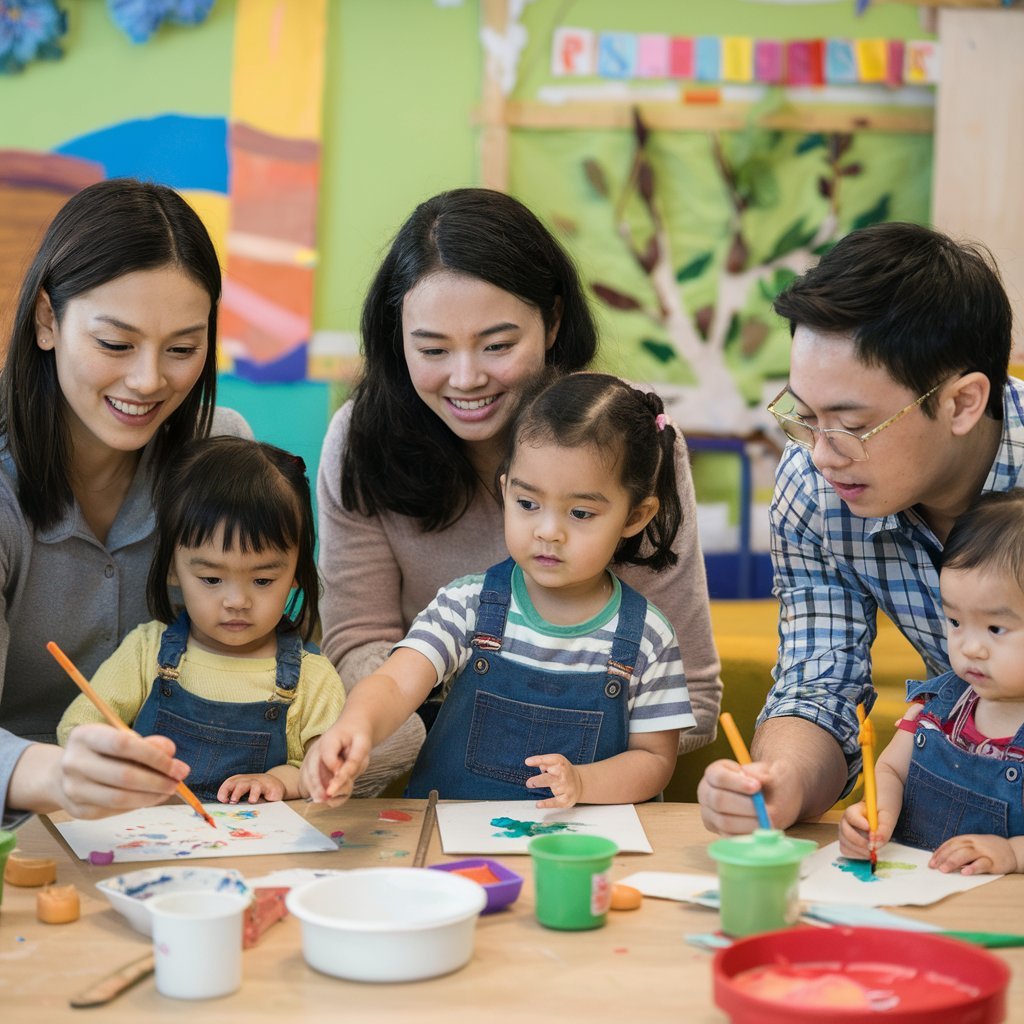
Cooperative preschools, also known as parent co-ops, are based on the principle of shared responsibility between parents and teachers in the education and care of young children. In cooperative preschools, parents actively participate in the classroom as volunteers, assisting teachers and engaging in hands-on activities alongside their children. This model not only fosters a sense of community and support among families but also provides valuable opportunities for parents to be directly involved in their child’s early learning experiences.
Home-Based Childcare: Personalized Care in a Familiar Environment:
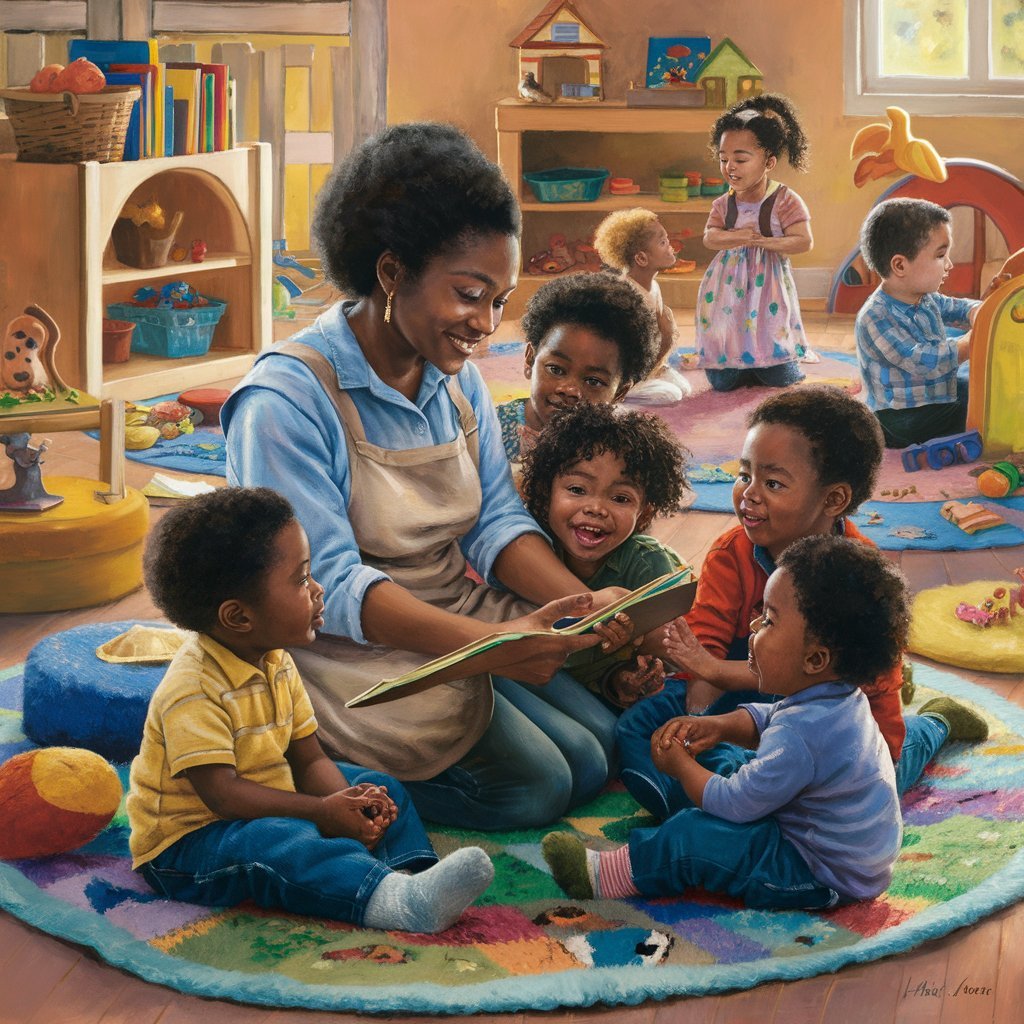
Home-based childcare, often provided by licensed family childcare providers or in-home nannies, offers personalized care in a home-like setting. With smaller group sizes and a nurturing, family-oriented environment, home-based childcare providers can offer individualized attention and care tailored to each child’s needs. This option is particularly suitable for families seeking a more intimate and flexible alternative to traditional preschool settings.
Online Early Childhood Education: Leveraging Technology for Learning:
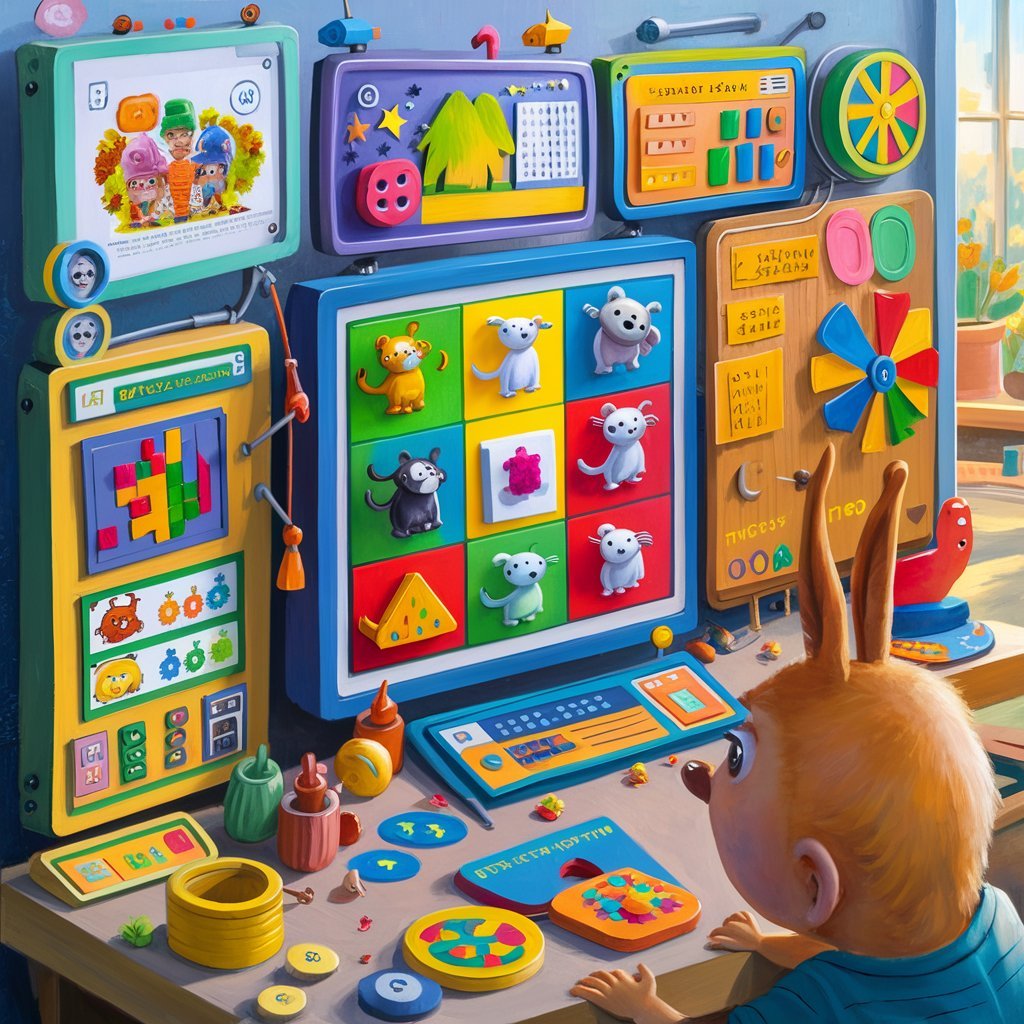
Online early childhood education programs have gained popularity in recent years, offering a convenient and flexible alternative to traditional brick-and-mortar preschools. Through interactive games, videos, and virtual classrooms, children can engage in educational activities from the comfort of their own homes. While online programs may lack the social interaction and hands-on experiences of traditional preschools, they can be a valuable supplement to early learning, especially for families with busy schedules or limited access to traditional preschools.
Combining Approaches: Blending the Best of Different Worlds:
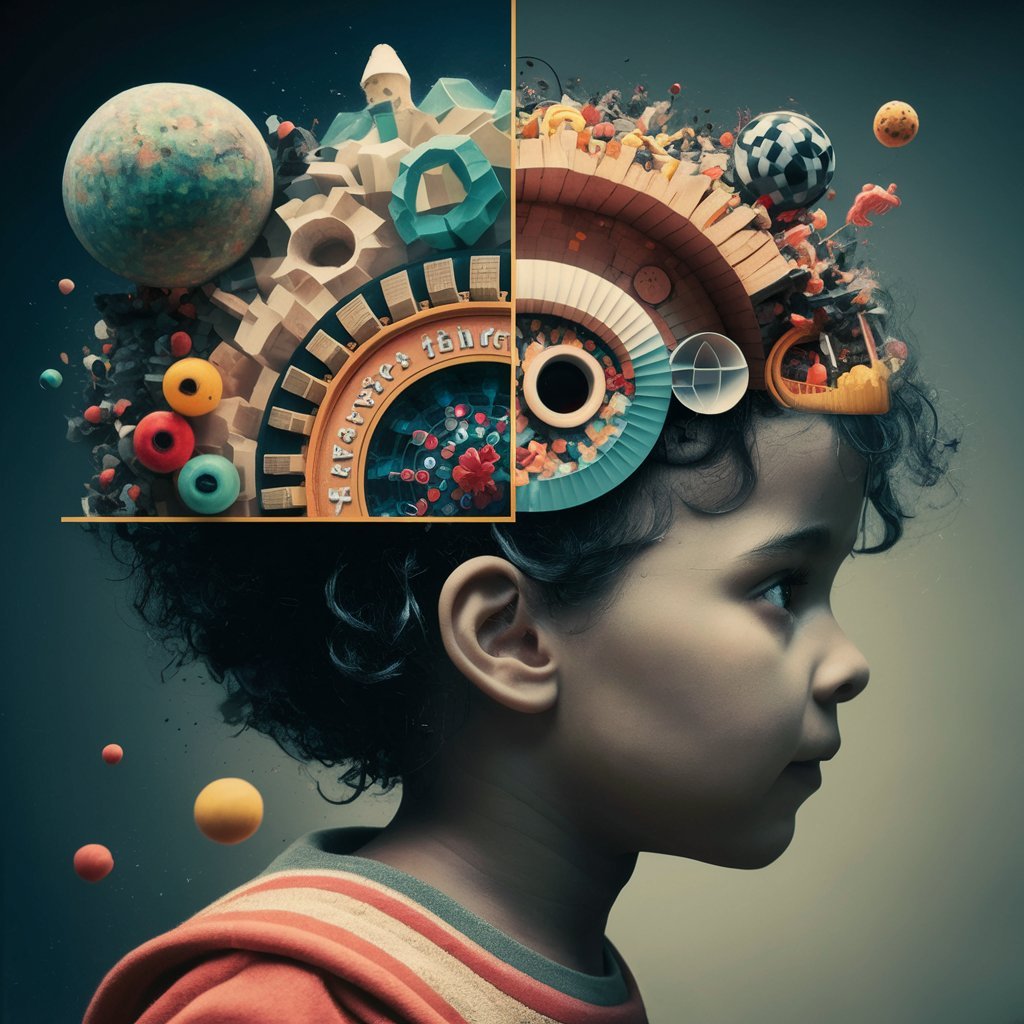
In today’s diverse educational landscape, many parents opt to blend different approaches to early childhood education, drawing on the strengths of each methodology to create a personalized learning experience for their child. By combining elements of Montessori, Waldorf, Reggio Emilia, and play-based learning, parents can tailor their child’s education to suit their individual learning style, interests, and developmental needs. Whether through homeschooling, hybrid programs, or eclectic preschools, combining approaches allows parents to harness the best of different worlds and provide a well-rounded education that nurtures the whole child.
Conclusion:
Early childhood education is a pivotal time in a child’s life, laying the foundation for future academic success and personal growth. By exploring the diverse range of early childhood education options available, parents can make informed decisions that align with their child’s unique needs and values. Whether choosing a traditional preschool, Montessori program, Waldorf school, or online learning platform, the key is to prioritize high-quality, developmentally appropriate experiences that foster curiosity, creativity, and a love of learning. With the right educational environment and support, every child has the opportunity to thrive and reach their full potential.

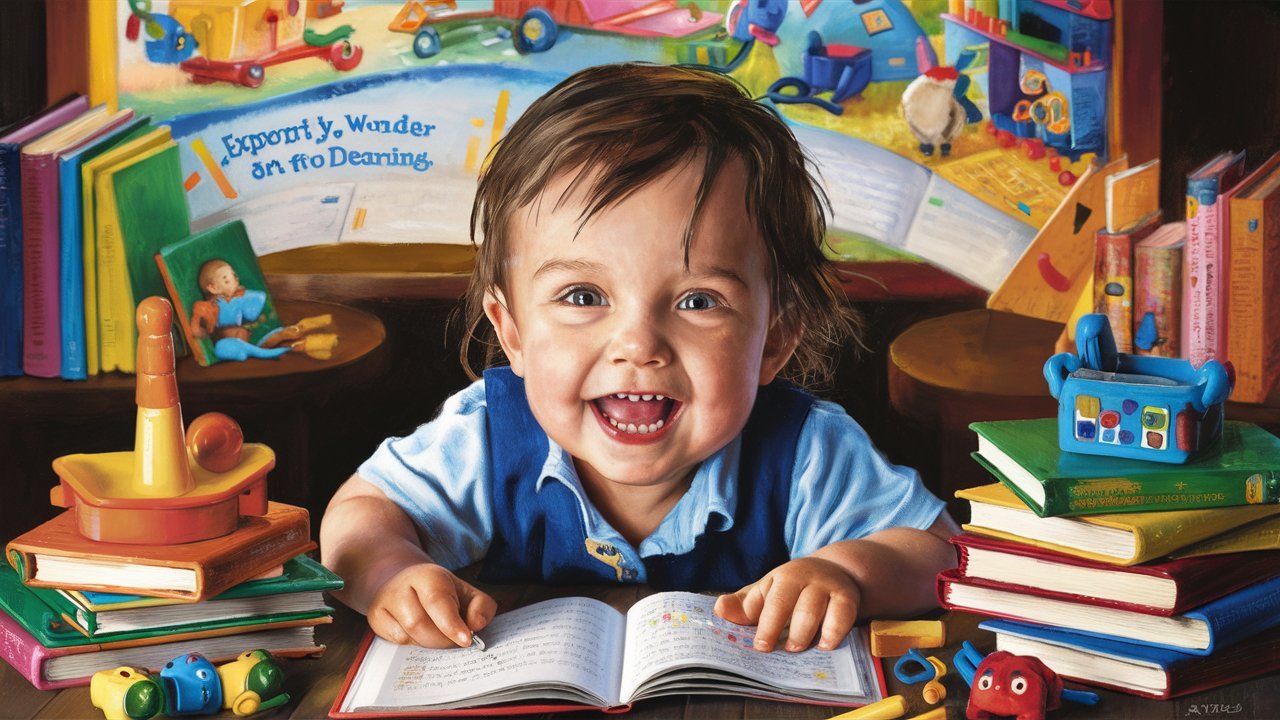
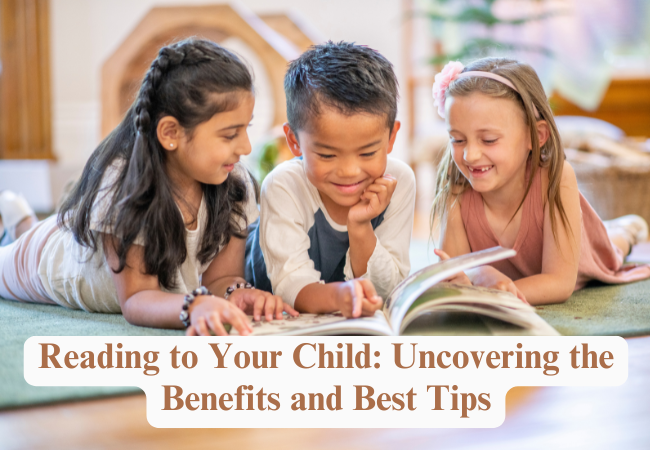
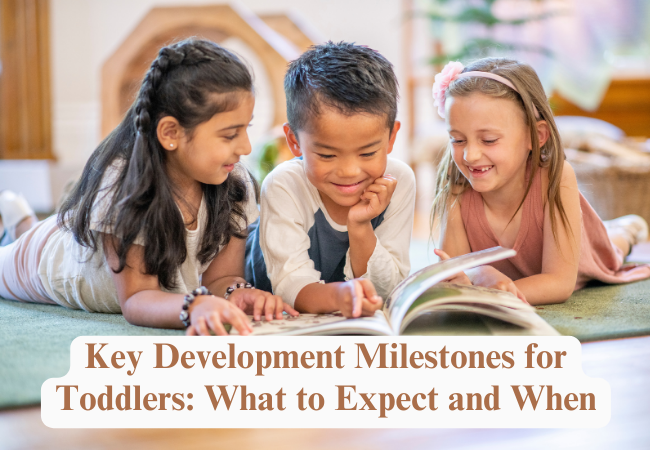

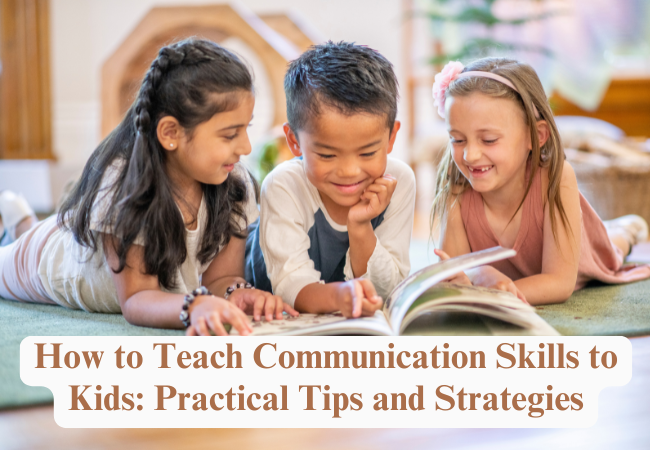

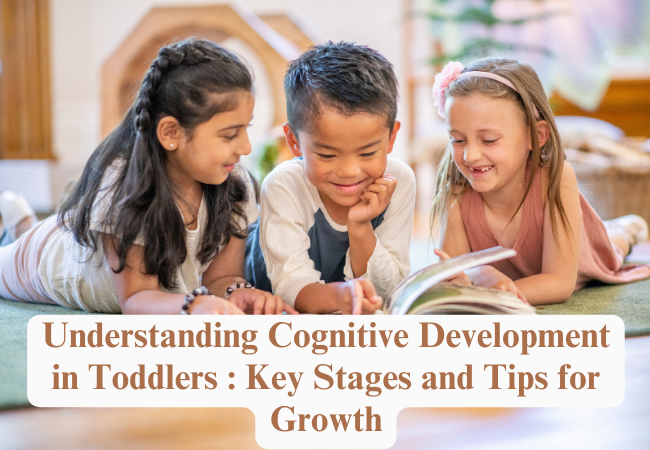
One Comment